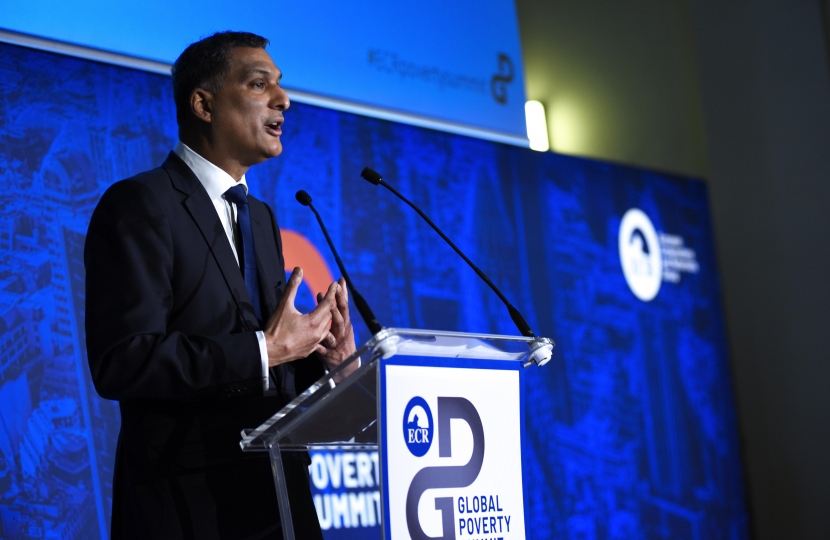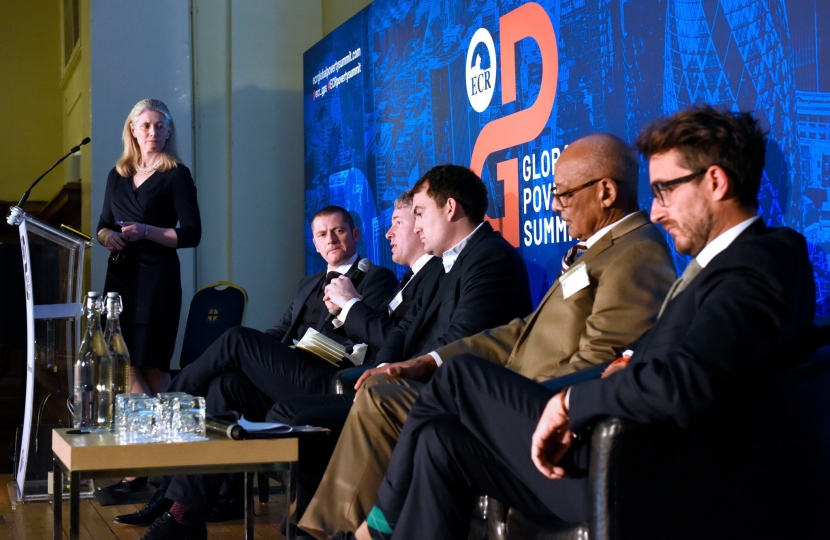A "do tank" to promote new ways of tackling poverty was amongst ideas floated at a high-level conference in London today.
There were also calls for more social entrepreneurs to enter politics, the greater involvement of business in anti-poverty projects and for local people to be mobilised to find solutions to their community's problems.
The Global Poverty Summit, organised by the European Conservative and Reformists (ECR) Group, brought together experts from across the world to discuss non-state grassroots approaches to addressing poverty.
Syed Kamall, Conservative MEP for London and co-chairman of the ECR Group in the European Parliament, said: "We are talking about a do tank, not a think tank. It would link different grassroots projects and use their shared expertise and contacts as the incubator to grow them and create new ones.
"We would be the network bringing together start-up community projects, philanthropists, foundations and those with much-needed skills."
Keynote speaker at the conference, held at Methodist Central Hall, Westminster, was Michael D. Tanner, Senior Fellow at the Cato Institute, who has written about developing innovative solutions to poverty and inequality.
Video messages came from former Australian PM Tony Abbott, broadcaster John Humphrys and former Nato chief Anders Fogh Rasmussen.
A panel on "Poverty: the Reality, and Hidden Causes" included Alex Le Vey of the London Community Foundation and Andy Cook of the Centre for Social Justice.
Another on poverty policy featured Duncan Parker, of the Frederick’s Foundation, which provides loans to financially-excluded entrepreneurs, and Bob Woodson of the Woodson Center, formerly the Center for Neighborhood Enterprise.
A series of speakers outlined their own projects applying personal solutions to poverty, from a Church scheme for helping the homeless in Rotterdam to a refugee project in Malaysia. All home-grown and volunteer led, all producing long-term change.
Dr Kamall told the summit: "I don,t believe we need more tax, more public servants, more state. Neither do I believe that simply cutting taxes and less state on its own will solve poverty.
"I hope we can ask to what extent initiatives should be locally inspired and administered, rather than top-down state or trickle-down wealth creation.
"When it comes to poverty, there has been an abundance of money and aid, but a deficit of ideas and creativity."



